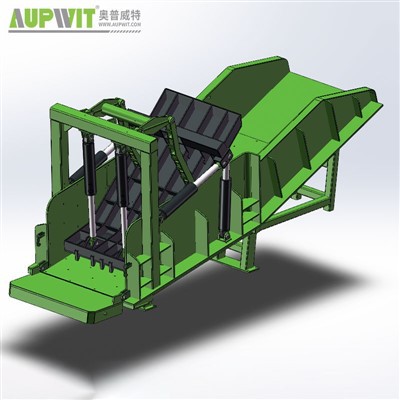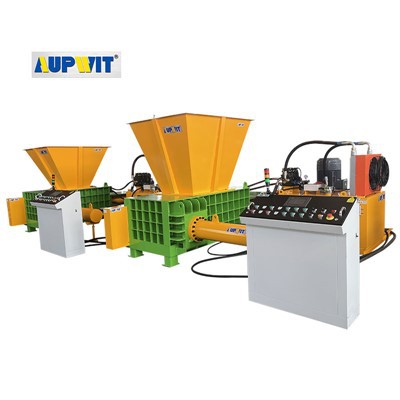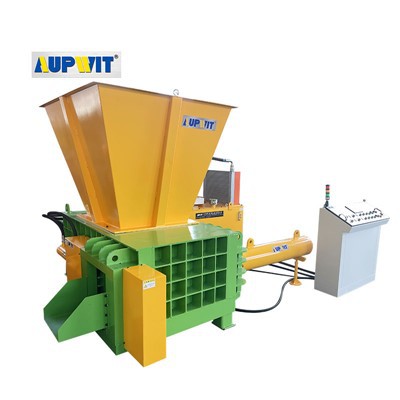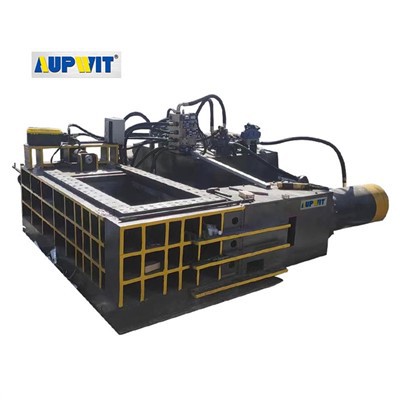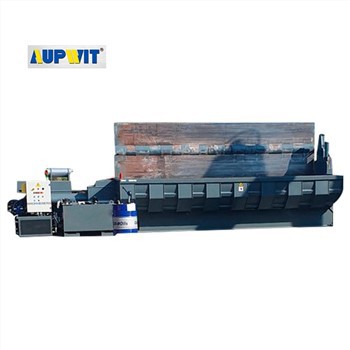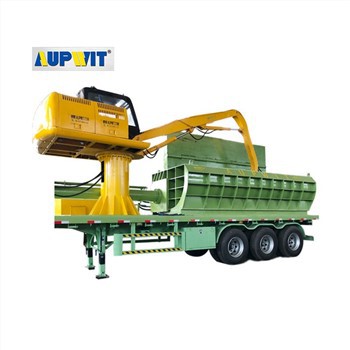In the domain of waste management and recycling, tire balers have emerged as indispensable equipment, offering a wide array of benefits.
One of the most prominent advantages of tire balers lies in their ability to significantly cut down on storage and transportation costs. By compressing large, unwieldy piles of tires into compact bales, they reduce the space required for storage. This not only maximizes the utilization of available storage facilities but also decreases the number of trips needed for transportation, leading to substantial savings in logistics expenses.
Tire balers also play a crucial role in environmental protection. Piles of loose tires can serve as breeding grounds for mosquitoes and other disease - carrying insects. By compressing tires into bales, the risk of such health hazards is eliminated. Moreover, the baling process enables efficient recycling of tires, diverting them from landfills and reducing the environmental burden associated with tire disposal.
From an economic perspective, tire balers enhance productivity. They allow recycling facilities to process tires more efficiently, increasing throughput. Compressed tire bales can be easily transformed into various recycled products, such as rubber crumbs used in road construction, playground surfacing, and sports fields. This not only creates new revenue streams but also promotes a circular economy.
In addition, modern tire balers are designed to be user - friendly. Many models feature automated systems that minimize human intervention, reducing the risk of operator errors and improving overall safety. They also require relatively low maintenance, further contributing to cost - savings. In conclusion, tire balers offer a win - win solution for businesses, the environment, and society as a whole, making them an essential investment for the recycling industry.


